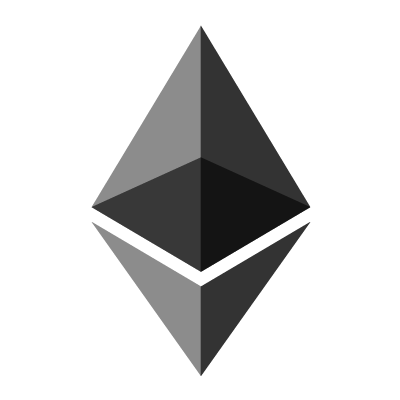Does each new popular token pool geometrically increase total transactions through the combinatorics of arbitrage?

Let's say there were only three tokens on Ethereum: ETH, BTC, USD. There are three exchanges/pools for these, ETH-USD, ETH-BTC, BTC-USD (say on Uniswap)
Bob comes along and buys enough ETH with his USDC to change the price. Now the ETH price is higher in the ETH-USDC pool than it is (relatively) on the ETH-BTC pool. That presents an arbitrage opportunity to trade USD->BTC, BTC->ETH, ETH->USD. In an efficient market bots will be running around doing this all the time.
Now imagine you have 100 tokens. There can be 100nCr2 = 4950 pools. Bob buys another big chunk of ETH, and there are 99 different tokens that it can trade against. Now all of those need to be arbed with ETH, and if the arb moves the prices of those tokens, all of THOSE tokens can be arbed. So with one purchase of ETH you set off a ripple of smaller and smaller arb opportunities.
With the current state of Ethereum the gas fees would likely prevent second- and third-order arbs like this. But once PoS moves in and gas fees are lowered significantly, are we looking at a huge (and possibly problematic) increase in chain usage due to a combinatoric explosion of arb opportunities, where for every one large trade there will be 100s of arbs?
As I understand it, this is somewhat a thing that HFTs tackle in old finance, but the combinatorics are more limited because everything trades back to USD and international trades to arb between currencies are hard to do. But it is still significant – Nasdaq has 35+ million trades every single day with only a single base currency, which is already 10X what ETH1.0 can support.
submitted by /u/tornato7
[link] [comments]